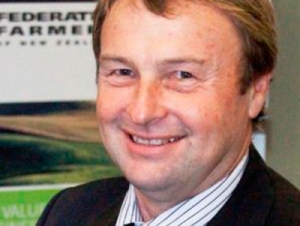Federated Farmers fully backs the target to completely eradicate introduced predators from New Zealand by 2050 announced by the government.
The Feds agree with the government that emerging technologies are now making such an ambitious target possible.
This project will require a team effort from scientists, farmers, government, politicians and rural communities.
"Our farmers live and work in our natural environment every day and in that sense are stewards of a significant part of New Zealand's land," says Federated Farmers spokesperson for pest management Chris Allen.
"Farmers already spend a substantial amount of money on pest management. They also pay levies to OSPRI, to control vectors of tuberculosis, such as stoats and possums.
"But while that expenditure has made significant progress it would take billions of dollars to achieve eradication using current technologies."
The government is right that new emerging science has now made a predator free New Zealand possible. Such an achievement will have considerable benefit for conservation and the primary industries.
"Scientists in the Biological Heritage Challenge have an important role to think outside the square and develop new science for this task," says Allen.
This announcement comes only weeks after delegates at the Federated Farmers annual conference, voted in support of researching gene driver technology in the control and eradication of pests.
"Federated Farmers considers that we need access to all the tools in the toolbox by refining our current tools and developing smart new innovative ones if we are to achieve such an important goal.
"We are excited to see New Zealand take on this hugely ambitious project, but we are not yet satisfied that the Biological Heritage National Science Challenge is being adequately funded for the task.
"Federated Farmers want an assurance that the money will be made available to investigate new strategies and technologies," says Allen.



















